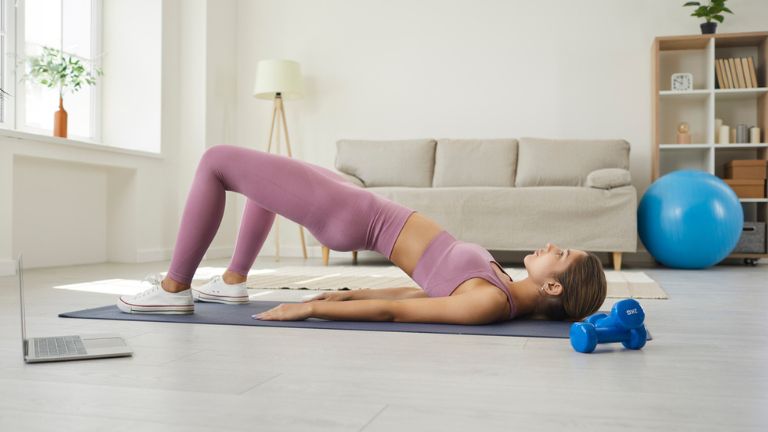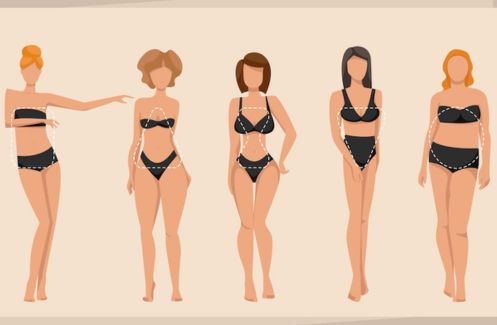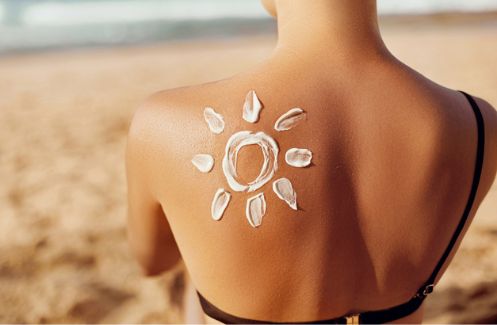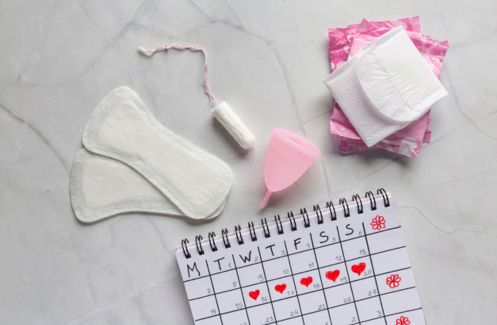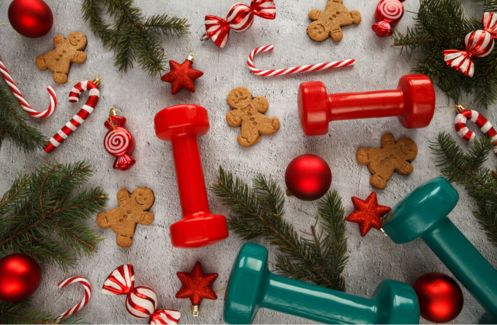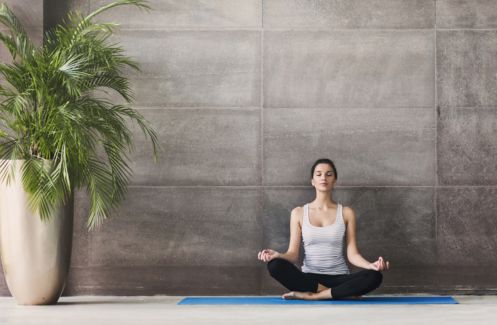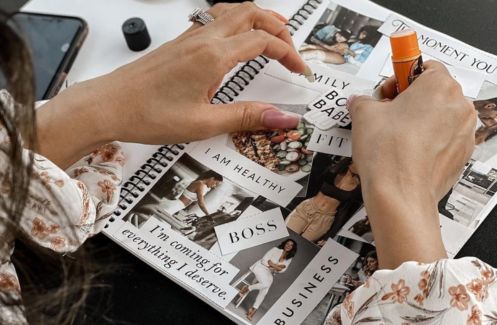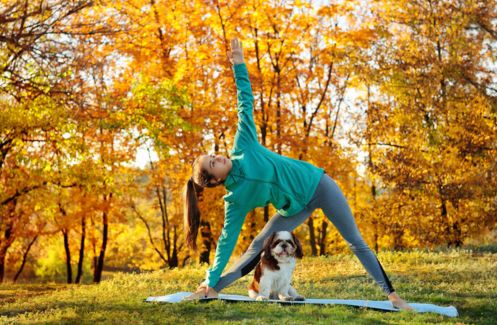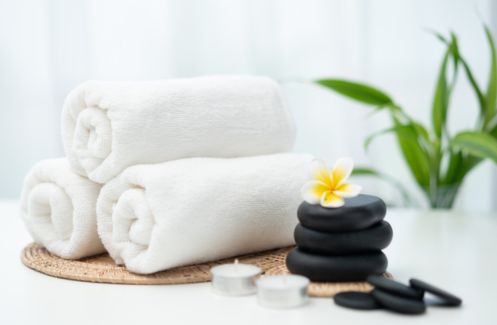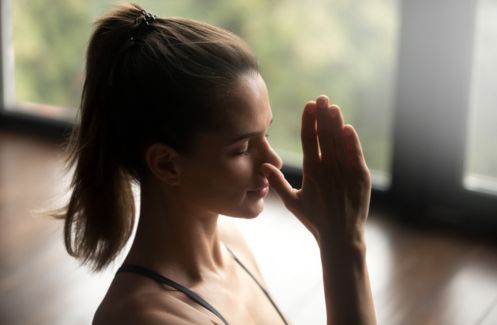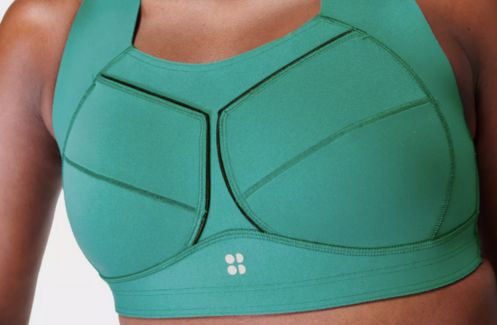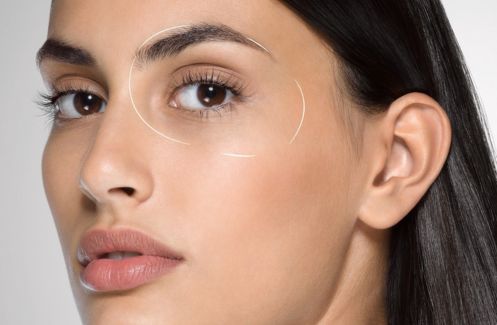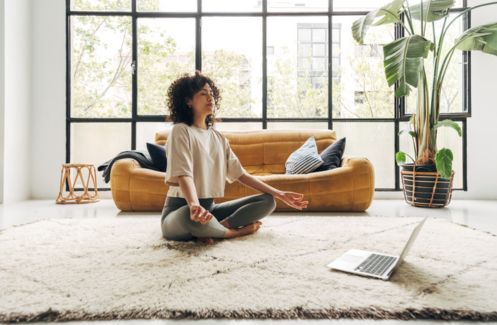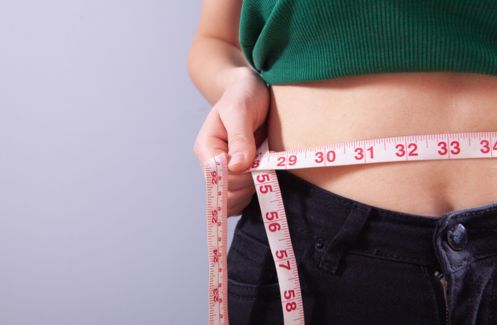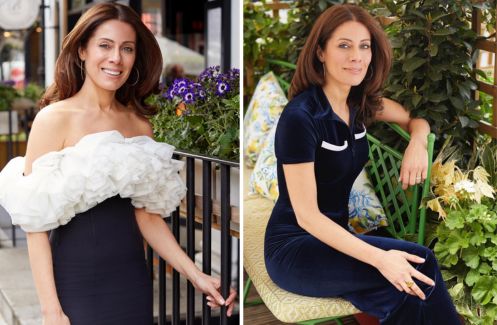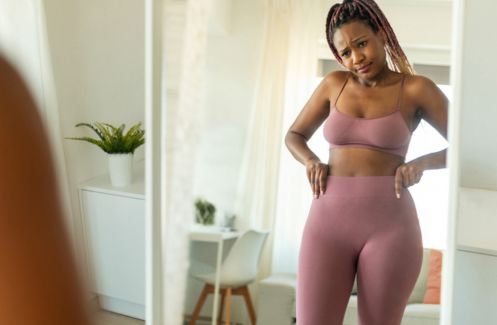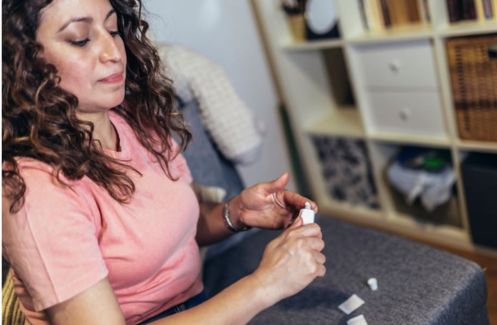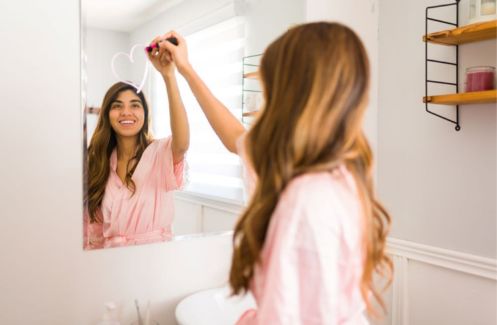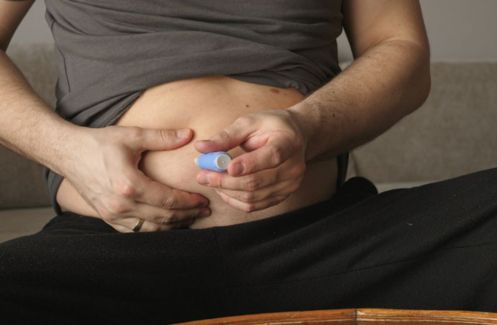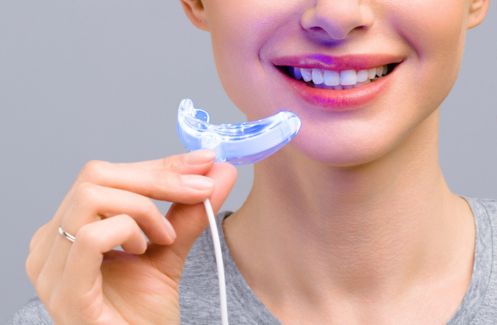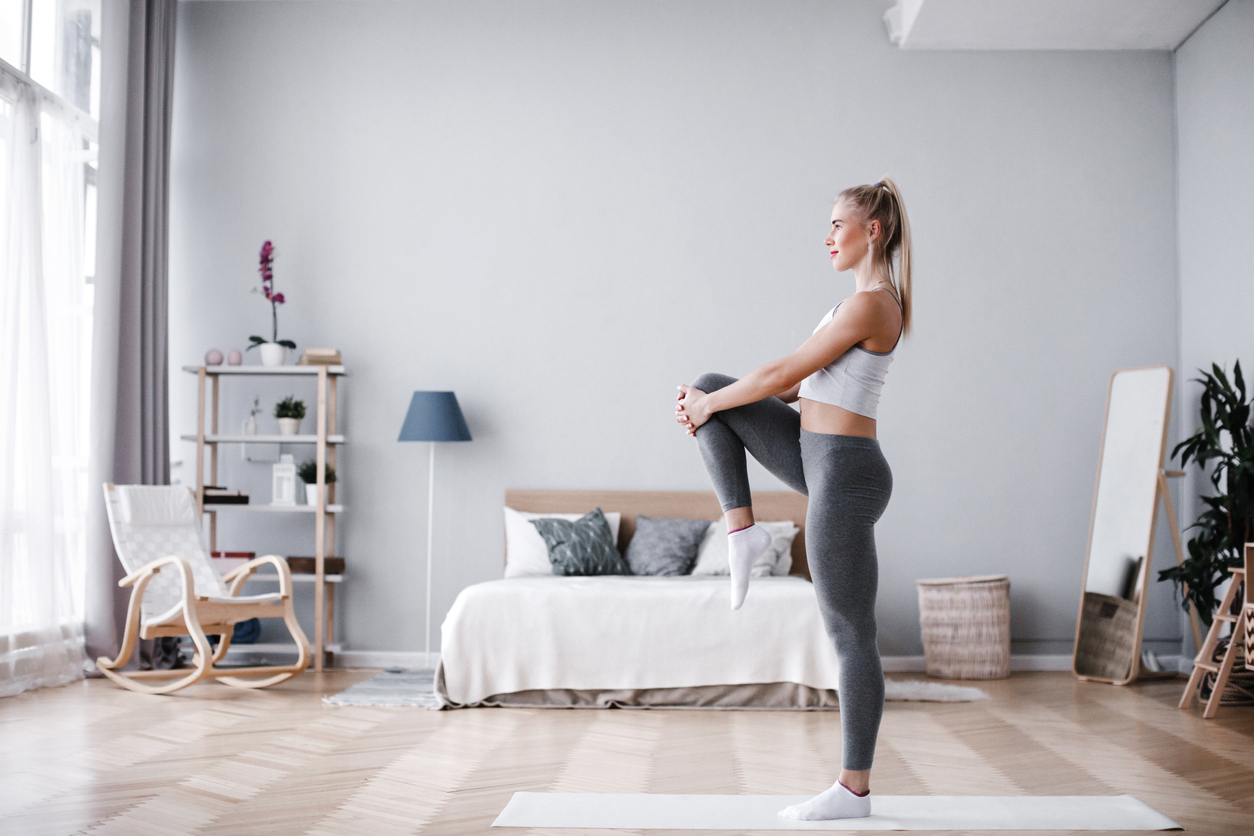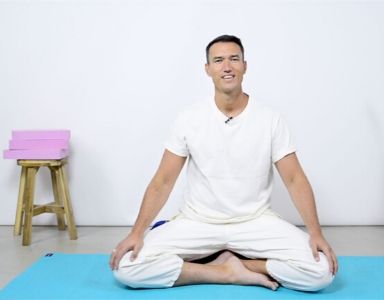Women’s fitness specialist and Healthista Collective Expert Rosie Stockley reveals 5 safe and effective postnatal fitness exercises
Whether you’re a first time mum or have been here a few times before, your postpartum body will feel very different after pregnancy.
Although you may be eager to get back into your fitness routine, you may be wondering whether it is safe to do so.
Of course, your pregnancy, type of birth or any complications during delivery will control what sort of exercise you should and shouldn’t be doing, but the most important thing to focus on is how you feel in yourself.
Other than getting outside for frequent walks, here are 5 safe and effective postnatal exercises to try…
Postnatal fitness exercise #1 Pelvic Floor Exercises
It is important to do these exercises slowly to promote the endurance aspect of this muscle which will support you in daily life.
Equally important are the fast pulses as they strengthen the pelvic floor for when you need more support, for example in higher intensity exercise or when you cough.
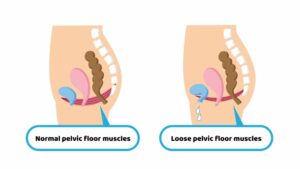
Get in a comfortable position. If you’re starting early days post birth, take this position lying then work up to sitting and then standing. It’s important to be able to activate your pelvic floor in the standing position as that’s where we usually get the most need of it in our daily life.
Take a few deep cleansing breaths all the way down to your belly, in through your nose and out through your mouth. Then, inhale deeply and at the end of the exhale imagine drawing up through your pelvis and anus but keep your buttocks relaxed.
many people find the cue ‘try to hold in wind’ quite helpful
The contraction is like when you try and stop yourself urinating. Also many people find the cue ‘try to hold in wind’ quite helpful to find the right muscle.
Let the pelvic floor relax gently and immediately inhale to start the process again. These moves can be done in two ways:
- Slowly – as described above, hold the contraction for a slow count of 5, then release. Do around 10 at this speed.
- Quickly – at the end of the inhale, contract (pull up) your front and/or back passages and then pulse them for a count of ten. Relax, then repeat another five times.
Postnatal fitness exercise #2 Glute Bridges
These movements are great for activating and strengthening the core, back and glutes. You may also feel your hamstrings activating.
Lie supine (on your back) with your knees bent, legs hip width apart. Start the movement by tilting your pelvis, then continue by peeling your spine off the mat, vertebrae by vertebrae until your hips are high.
At the top of the movement, squeeze your glutes and think of activating your abdominals gently. Hold for a count of three before coming down through your spine to the mat. Repeat for a count of ten.
Adaptation – raise your hips, at the top of the movement, raise your arms above your head until they touch the floor behind you. Keeping your hips high, bring the arms back to the floor, then finally lower the hips down. Repeat for ten.
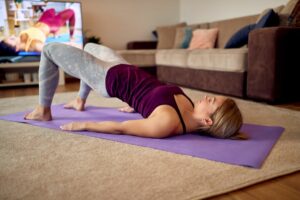
Postnatal fitness exercise #3 Transverse Abdominis Breathing
This breathing and core activation is very beneficial for starting to feel the core engaging again in the early days after birth. It also focuses on knitting the abdominal muscles back together.
If you have pelvic floor issues, for example you have prolapse symptoms, it’s worth being gentle with this type of breath activation as it greatly increases pressure in the abdomen, which could increase symptoms of heaviness and pressure in the pelvis area.
focuses on knitting the abdominal muscles back together
Lie flat on your back with the knees bent, feet flat on the floor. Allow your spine to have a natural curve in it. Inhale fully to the diaphragm.
On the end of the exhale, engage the core – feel like the belly button is connecting to the spine and the sides of the body are drawing in, like you’re wearing a tight belt.
Hold for 5 seconds, then relax the core as you inhale fully again. Repeat up to ten times.
Postnatal fitness exercise #4 Dead bugs
This exercise is great for strengthening the abdominals and lower back in tandem. It is important that you try and imprint your whole back into the mat, to ensure there is no arching in the back or doming of the abdominals.
Lie on your back with your feet in the air, knees bent at 90 degrees, press your hands together in the air straight above you. Slowly move one arm back behind you until it nearly touches the floor, then bring it back together. Repeat with the other arm for a total of ten.
Adaptation: add the opposite leg stretching, but move carefully so there is no movement in the core and back. Bring it back to the middle then swap sides. Repeat up to a count of ten.
Hug your knees into your chest and relax, then repeat again for a total of three sets.
READ MORE: Postnatal exercise – an expert guide to running after giving birth
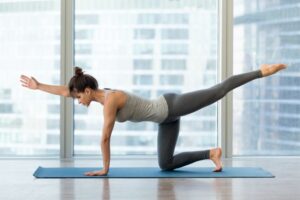
Postnatal fitness exercise #5 Elbow to knee (bird dogs)
On all fours, with a flat spine, slightly engage your abdominals. Stretch one leg out behind you and the opposite arm out in front. Imagine both your hip bones are facing towards the floor. Hold this position for a slow count of five then change sides.
Adaptation: draw your elbow to knee, rounding your spine and then stretch again. Try and imagine your core is really working to pull your knee in to promote strength in this area. Repeat up to ten each side.

In your session Rosie can help you find adaptations for your workouts and answer any questions about aches and pains, or certain movements.
Rosie is also a great encouragement and will pep you up, make you feel energised and confident.
You’ll leave the session with a smile and feeling like you’ve really taken a positive step for YOU.
Sessions are completely tailored to YOUR needs! Maybe you need a list of exercises, maybe you just need to check in once a month to have a confidence boost. We will make it work for you!
Please note, Rosie can’t give medical advice.
Like this article? Sign up to our newsletter to get more articles like this delivered straight to your inbox.


